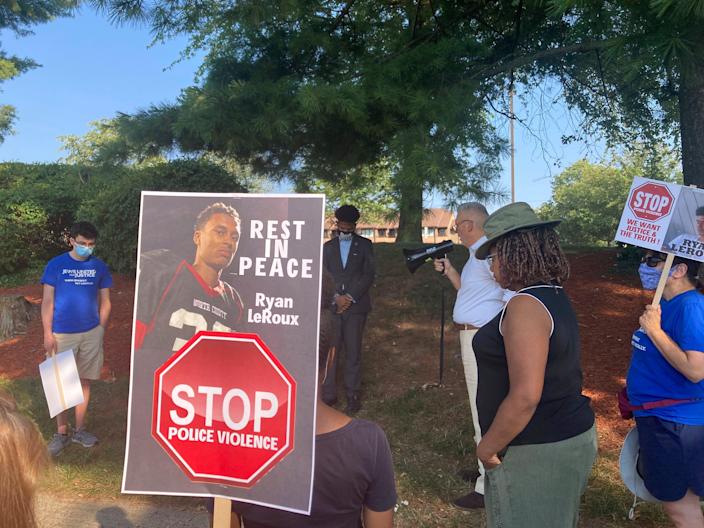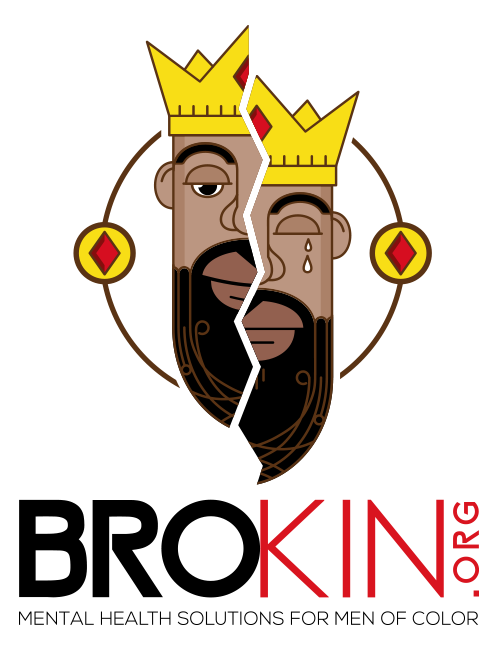
Intersection of mental health, police and race takes the life of another young Black man
Of the more than 200 people killed by police gunfire since the landmark conviction of Derek Chauvin for George Floyd’s murder in Minneapolis, about 15% exhibited signs of mental illness, according to data collected by The Washington Post. They include Ryan LeRoux, a 21-year-old Black man fatally shot last month while parked in a McDonald’s drive-thru lane in Gaithersburg, Maryland.
Responding to a call indicating that LeRoux had refused to pay for his meal or move his vehicle, officers suspected that he was experiencing a mental health emergency, a fact later confirmed by his parents. Police called for a crisis specialist, but after noticing a handgun on the front passenger seatand what they described as uncooperative behavior on LeRoux’s part, officers opened fire before help arrived. Police footage includes audio of LeRoux talking to the county police Emergency Communications Center, stating that he was cooperating with officers on the scene. The video also shows that LeRoux had been reclined in the driver’s seat, and that he sat up before officers fired.
Despite uncertainties surrounding his death, LeRoux’s all-too-familiar demise in a hailstorm of bullets illustrates yet again how race and the need for mental health support often intersect at deadly police encounters. Since the pandemic’s onset, Black people have accounted for a disproportionate 20% of the nearly 300 Americans with known mental illness who were fatally wounded during police shootings.

Given our nation’s woefully underfunded web of behavioral health care, police invariably are required to step in as first responders for calls involving mental health and substance use issues. Unfortunately for both police and those in distress, officers are generally unqualified or ill-prepared to handle these complicated and sometimes volatile situations, which account for about 1 in 5 calls.



